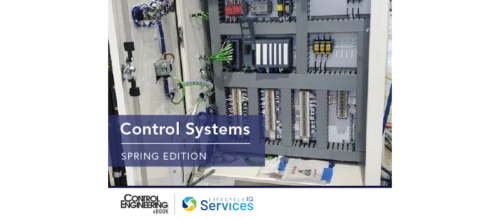Reviewed resource: Understanding and implementing fuzzy logic control strategies
Fuzzy logic, loosely defined as trying to make a machine reason and make decisions like a human, has been used as a control strategy for process manufacturers when more traditional loop controls don’t work. In a new whitepaper from Rockwell Automation, available from the Control Engineering Resource Center , you can learn the basics of this approach and how it can be applied with Rockwell’s Logix equipment and software.
This is a heavy-duty work of 45 pages, and it goes into extensive detail on how the process works with five real-world examples. Rockwell Automation program manager Dave Carr and software project manager Jeff Shearer take the discussion very deep very quickly, and once you’re past page 3, you will be fully immersed. Quoting from the paper’s introduction:
“Fuzzy control solutions are especially useful for complex systems where standard means such as PID control fails. Fuzzy logic can be an advantage in cases where an explicit analytical-process model is not available or is too complex. Another advantage of fuzzy logic is that it can be easily combined with conventional controllers and substantially enhance their functionality. For example, fuzzy rules interpolate between a series of locally linear controllers and schedule gains of a PID controller based on changing operating conditions. So fuzzy rules do not have to necessarily replace conventional control methods, but rather extend their capabilities.”
While much of the information is generic in nature, the authors outline how to develop fuzzy logic algorithms for the Allen-Bradley Logix family of programmable automation controllers, using the RSLogix 5000 FuzzyDesigner software package. The paper also introduces the newest features of the RSLogix 5000 FuzzyDesigner software package, such as fuzzy logic add-on instructions.
By showing how the engineers translated the applications’ control requirements into fuzzy algorithms, the authors turn what can be a very abstract subject into something you can apply to real-life control designs.
—Edited by Peter Welander, process industries editor, PWelander@cfemedia.com , Control Engineering Weekly News
Do you have experience and expertise with the topics mentioned in this content? You should consider contributing to our CFE Media editorial team and getting the recognition you and your company deserve. Click here to start this process.





